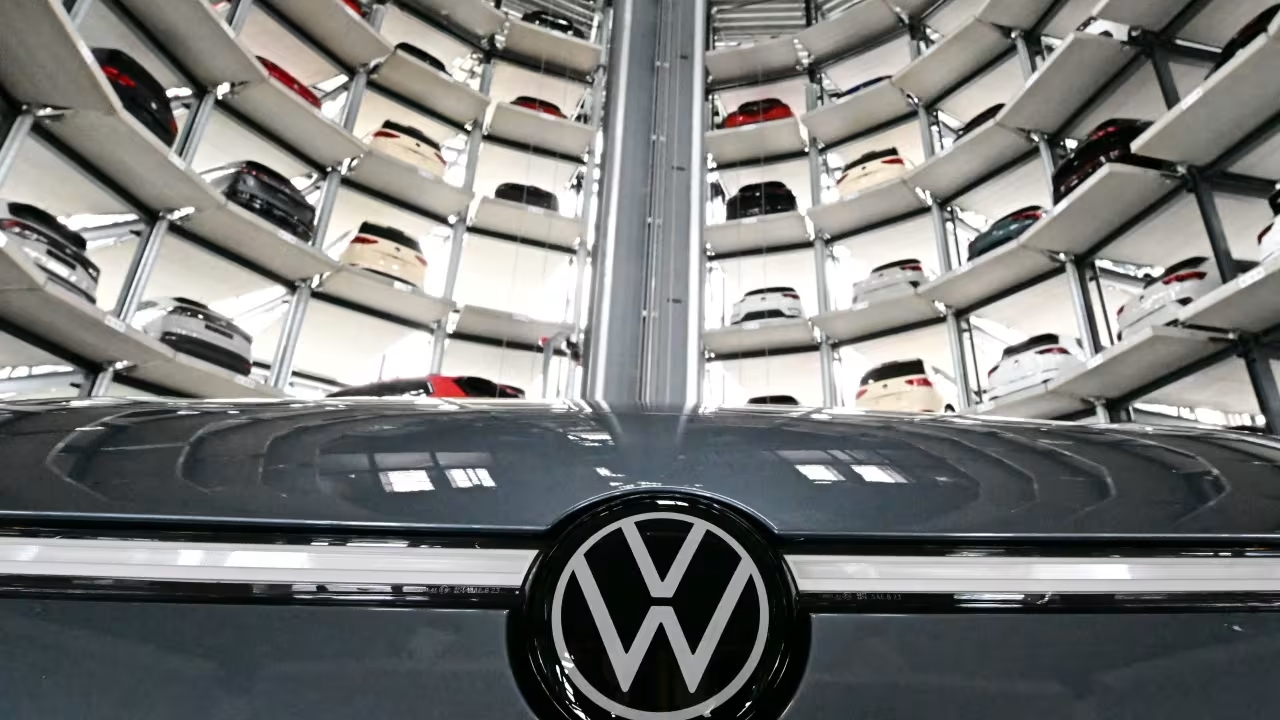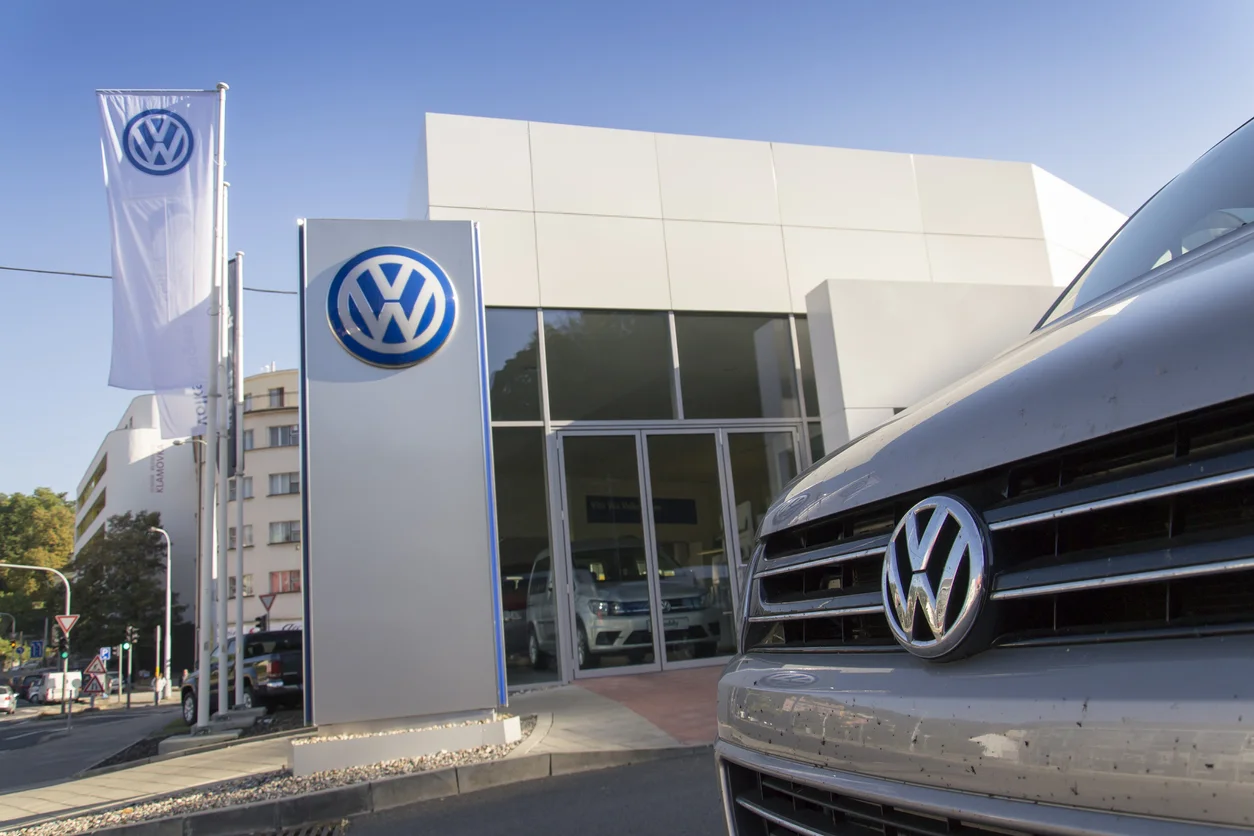“There is no business case for (the plant),” said a spokesperson, explaining that the facility produced combustion engine vehicles until 2019.
Since then, it has mainly operated as a distribution center for models manufactured in other factories.
Pointing to “huge pressure” from rival carmakers producing electric vehicles, the spokesperson emphasized that Volkswagen must “accelerate the transformation of (its) production network” as “demand for combustion engine vehicles is going down.”
Electric vehicle sales are increasing globally. In China alone, electric cars could make up 45% of all car sales this year, according to the International Energy Agency.
Volkswagen announced the sale of the facility, which it owns in partnership with China’s SAIC Motor, through a press release on Wednesday.
The sale occurs amidst allegations from the U.S. government and human rights organizations accusing China of forced labor and other abuses, such as mass detentions, in Xinjiang, targeting the Uyghur Muslim minority group.
China has consistently denied accusations of human rights abuses in the region.
Responding to inquiries about the sale on Thursday, a spokesperson for China’s foreign ministry remarked, “I want to point out that some political forces have spread too many rumors about Xinjiang internationally, generating a lot of false information.”
In 2022, the United Nations High Commissioner for Human Rights issued a report stating that China committed “serious human rights violations” against Uyghur Muslims in Xinjiang, which may amount to “crimes against humanity.”

In 2018, a U.S. State Department official claimed China detained at least 800,000 and potentially over 2 million Uyghurs and other Muslim minorities in internment camps within the region.
China has described these facilities as “vocational training centers” and claimed in 2019 that they had been closed.
Volkswagen has faced criticism from rights groups for maintaining a plant in Xinjiang. However, the company stated there was no evidence of forced labor at the facility.
After an executive visit to the plant in February 2023, the company asserted there was “no indication of any human rights violations or wider issues around working conditions.”
The company also noted that an audit conducted last year found no signs of forced labor at the plant. However, the Financial Times reported in September that the audit did not meet international standards.
When asked, a Volkswagen spokesperson told, “Volkswagen always adheres to the legal requirements in its communications. At no time has there been any deception of investors or the public.”
Volkswagen is also dealing with intensified competition in China, the largest market for passenger cars, as domestic automakers boost electric vehicle production and sales.
Challenges persist in Volkswagen’s home market as well. Germany’s largest automaker announced last month plans to close “at least” three factories in the country, potentially laying off tens of thousands of workers.
These would be the first closures on German soil in the company’s 87-year history.

